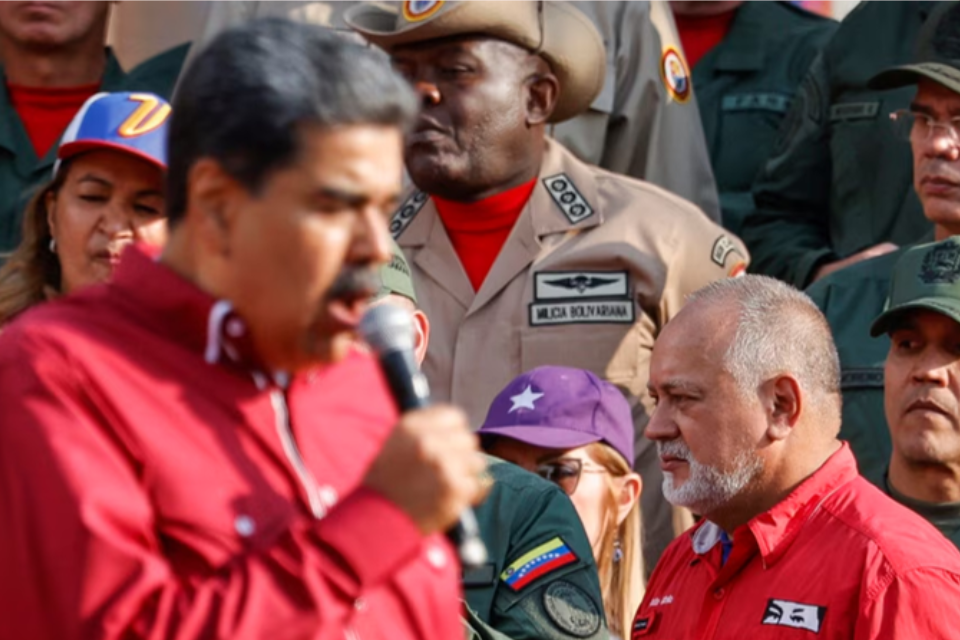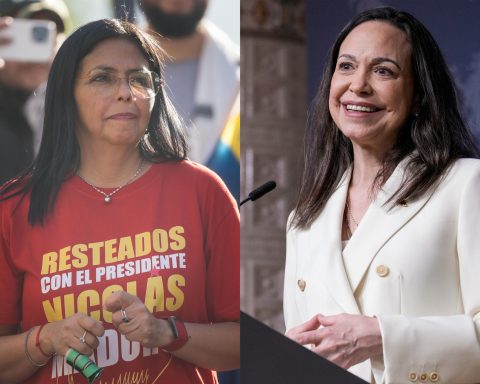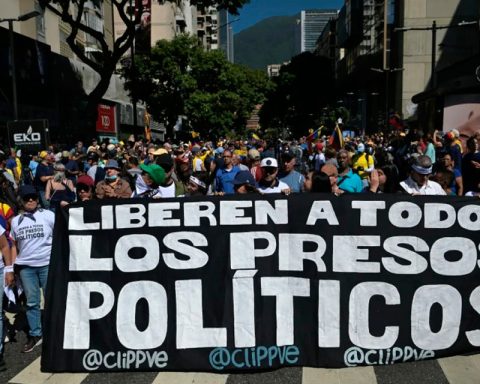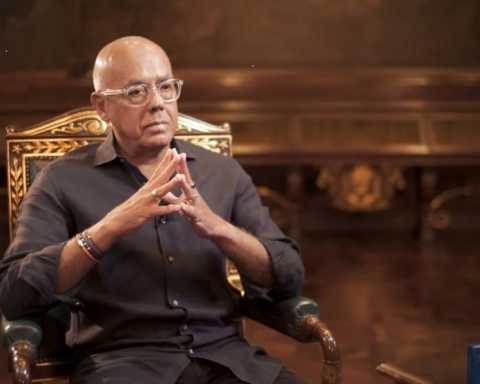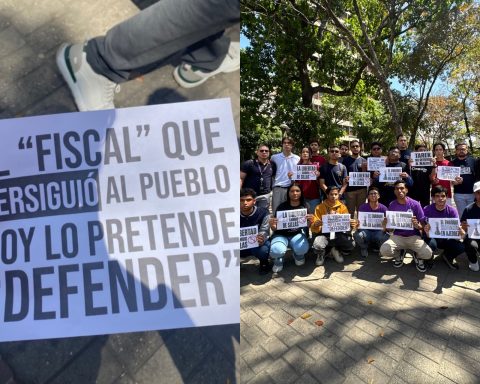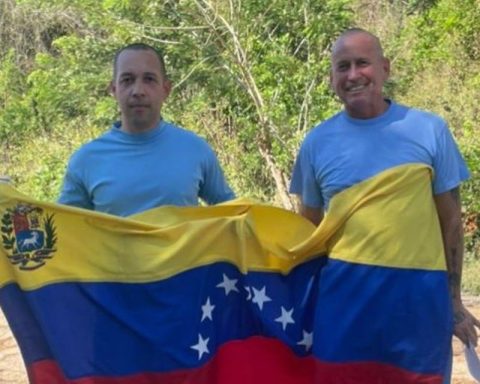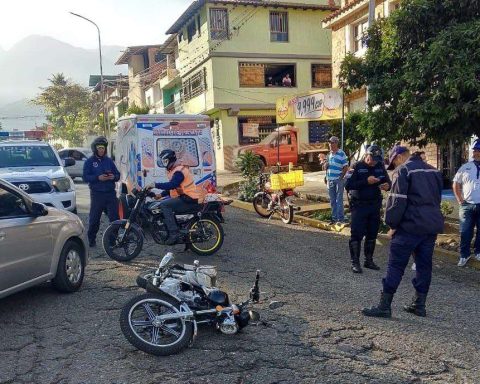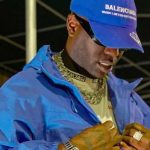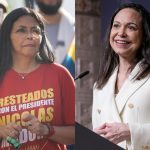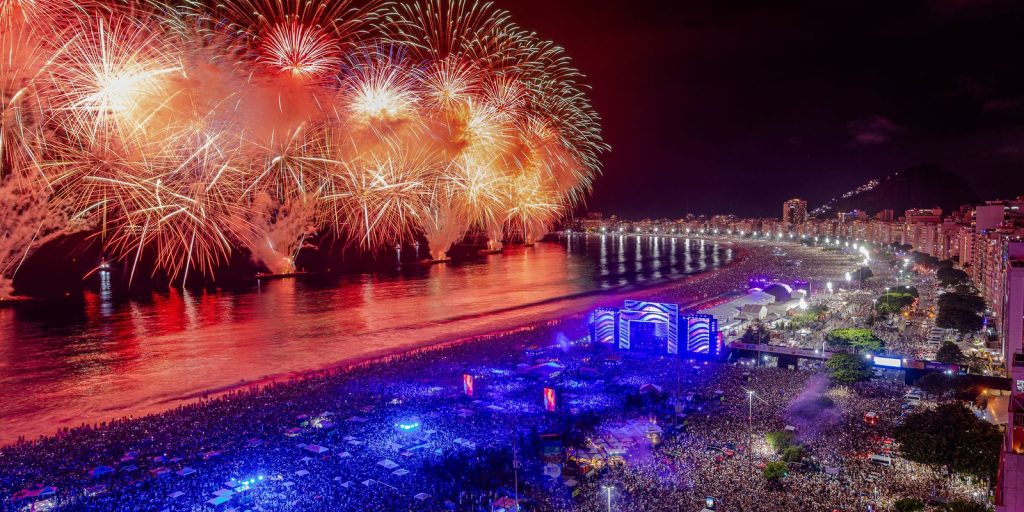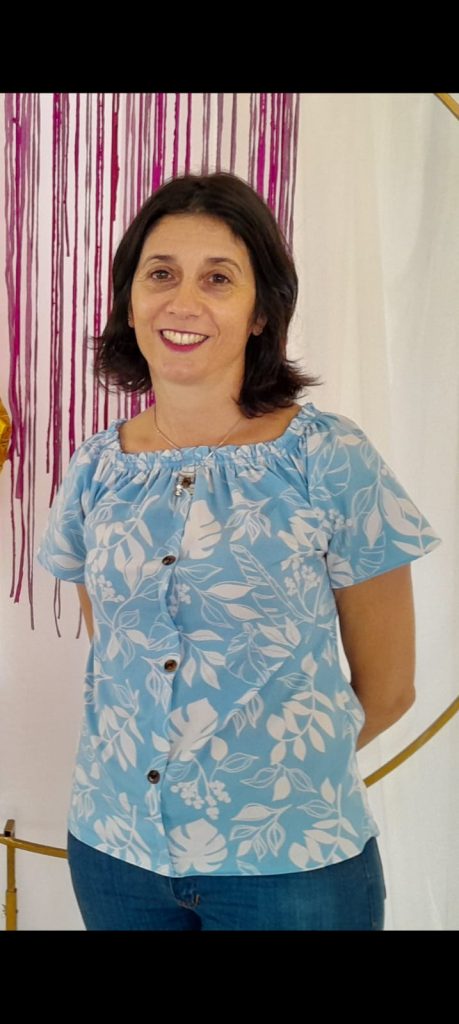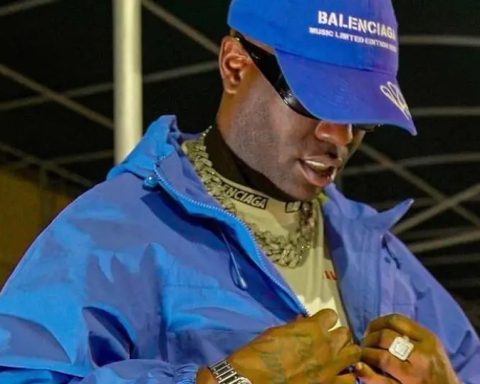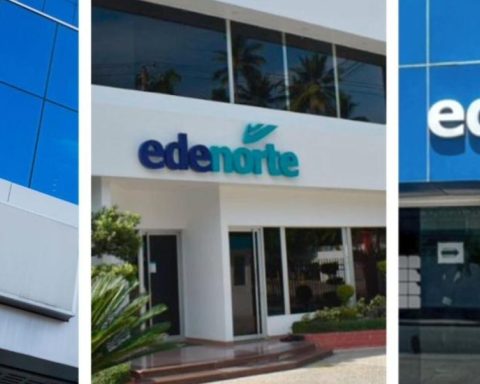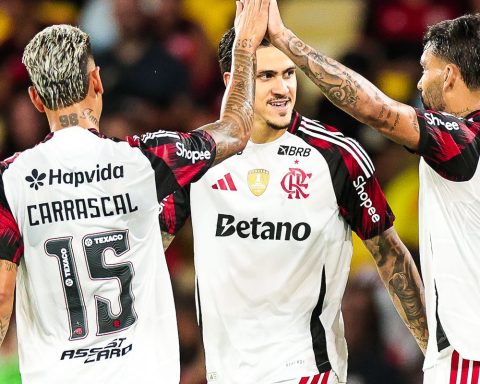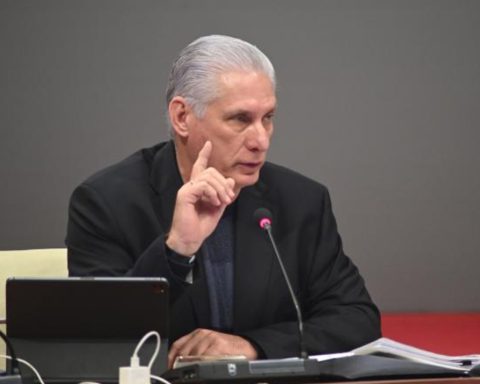Both the government of Nicolás Maduro and its opponents have called for street demonstrations prior to the inauguration of a new presidential term, next #10Jan. Analysts warn that the ruling party continues to rely on “force” to remain in power
The Venezuelan government has opted for a defensive strategy to ensure the continuity of its political project, with popular mobilizations and training of its special security commands as demonstrations of “strength”, one week before the start of a new presidential term, analysts warn.
Next January 10, the date designated for the inauguration of the new president in Venezuela, will be one of the most tense days in the post-electoral crisis in the country, whose presidency is disputed by the current president Nicolás Maduro and the opposition Edmundo Gonzalez.
Both the ruling party and the opposition have called on their followers to take to the streets to demonstrate their support prior to the swearing-in. The Maduro government is essentially betting on combining “a large military platform” in the streets of Caracas, with thousands of sympathizers to be able to install a new government for the next 6 years, he told Voice of America the political scientist Leandro Rodríguez Linárez.
That strategy involves “institutionalized violence,” he said.
Maduro, declared the winner by the national electoral body without providing conclusive evidence, has assured that he will take power and warned that he will not tolerate the destabilizing attempts of the opposition, which denounces fraud and proclaims González as the winner. The former diplomat assured for his part that he would return from his exile in Spain to assume the leadership of the State.
In this context, the Venezuelan ruling party has announced several “defense” strategies to continue governing, along with its complaints about the alleged attempt by its detractors to take power by force with the activation of “terrorist groups,” according to the experts consulted.
«Everyone knows what Chavismo will do if the pressure rises. Nobody knows exactly what González Urrutia and (opposition leader María Corina) Machado will do, since they have not revealed their strategies” and plans to eventually assume power in situ next week, highlighted Rodríguez Linárez.
The exercises of security forces and the mobilizations of Chavista sympathizers are “demonstrations of force” in the face of the possibility of opposition protests within the framework of January 10, according to political scientist José Vicente Carrasquero.
“They are a confirmation that they know that they did not win the elections and that staying in power is going to have a very high cost in terms of repression” and among complaints of their illegitimacy of origin, the analyst told VOA.
According to senior spokespersons for Chavismo, police and military of the Venezuelan State are prepared to give a “brutal response” to anyone who intends to “attack” the country to prevent Maduro’s assumption of a new mandate in the coming days.
*Read also: Edmundo González will also visit Uruguay and will meet with President Lacalle Pou
“Whoever tries to mess with Venezuela is going to pay dearly,” said last Sunday the Minister of the Interior and one of the strong men of Chavismo, Diosdado Cabello, a retired lieutenant who participated in the coup d’état of November 1992. .
As could be seen in a broadcast on the state channel VTV, Cabello himself did shooting practice at the inauguration of a training center for special forces of the Bolivarian National Police, in the central state of La Guaira.
The minister asked to train civilians there as part of a State policy of “defense of the homeland”, which involves a “fusion” of citizens and security forces.
Political and street pulse
Days before, the opposition leader Maria Corina Machado He published a message on his social networks for the Venezuelan police and military, whom he asked to tear down “the last obstacle” that exists to achieve “freedom” for the country in the face of a transition.
Maduro, Cabello and other senior officials of the ruling party, such as Attorney General Tarek William Saab and Jorge Rodríguez, President of Parliament; have denounced that there are alleged violent plans by the Venezuelan opposition and its foreign allies to violently depose them from power after the presidential elections in July.
The Bolivarian National Armed Forces stated in a video released at an official year-end event, attended by Maduro, that they had dismantled five coup attempts in 2024.
Maduro and Cabello have also dismissed Edmundo González’s statements about his return to assume the Presidency on January 10 and have even suggested that he would be arrested if he arrived in the country. Machado, who says she is in hiding in Venezuela for fear of being detained or attacked, called on the country to go “to the streets” this month to “claim victory” in the July elections. “Let’s get ready, see you on the streets in January,” he said Wednesday.
Opposition leaders, international human rights organizations and governments, including the United States, have denounced the intensification of repression and persecution of political dissidence in Venezuela after the presidential elections.
Popular mobilizations
Faced with a possible scenario of conflicts before the presidential inauguration date, the ruling United Socialist Party of Venezuela scheduled popular mobilizations.
Nicolás Maduro, leader of the group, anticipated that his supporters will be on the streets starting this Thursday. On the 10th of this month, he indicated last week, the ruling party plans to fill “10 avenues” of the capital, Caracas, while it is sworn in at the headquarters of the legislative branch. At the moment, normality is observed in the main cities of the country after the New Year’s Eve celebrations. The rallies will continue until February 4, said the Venezuelan president. According to Maduro, having his followers in the streets means “tranquility, security, stability and peace” for his management.
Last February, Diosdado Cabello highlighted the existence of “popular peace units” of the Socialist Party as part of the defense strategy of the Chavista project, groups that would have “training on the ground”, would share information with security agencies and would be capable of moving to the “center of power”, in Caracas, from other regions.
For political scientist José Vicente Carrasquero, the government “uses fear to anticipate possible protest behavior,” in a scenario similar to post-election repressions. Carrasquero insisted that the Venezuelan ruling party “appeals to violence as a mechanism to remain in power” in the face of doubts about its electoral victory in July.
Rodríguez Linárez, for his part, considered that the controversy over the presidential inauguration takes place in the midst of repression by the opposition and “enormous” unpopularity of Maduro, despite the official results of the election. “The force (of the government) is about imposing against a game of strategies and intelligence that is not yet known” by the opposition, the expert noted.
*Journalism in Venezuela is carried out in a hostile environment for the press with dozens of legal instruments in place to punish the word, especially the laws “against hate”, “against fascism” and “against the blockade.” This content was written taking into consideration the threats and limits that, consequently, have been imposed on the dissemination of information from within the country.
Post Views: 250
